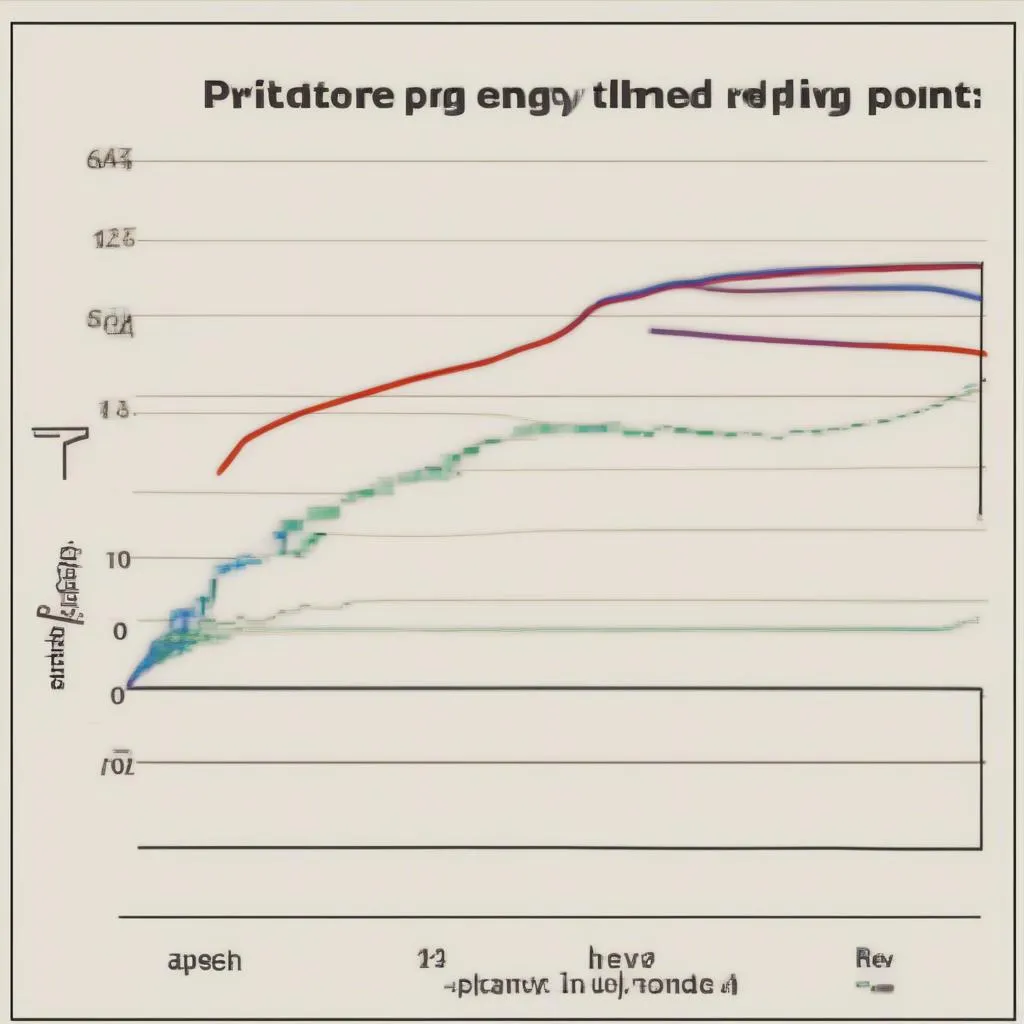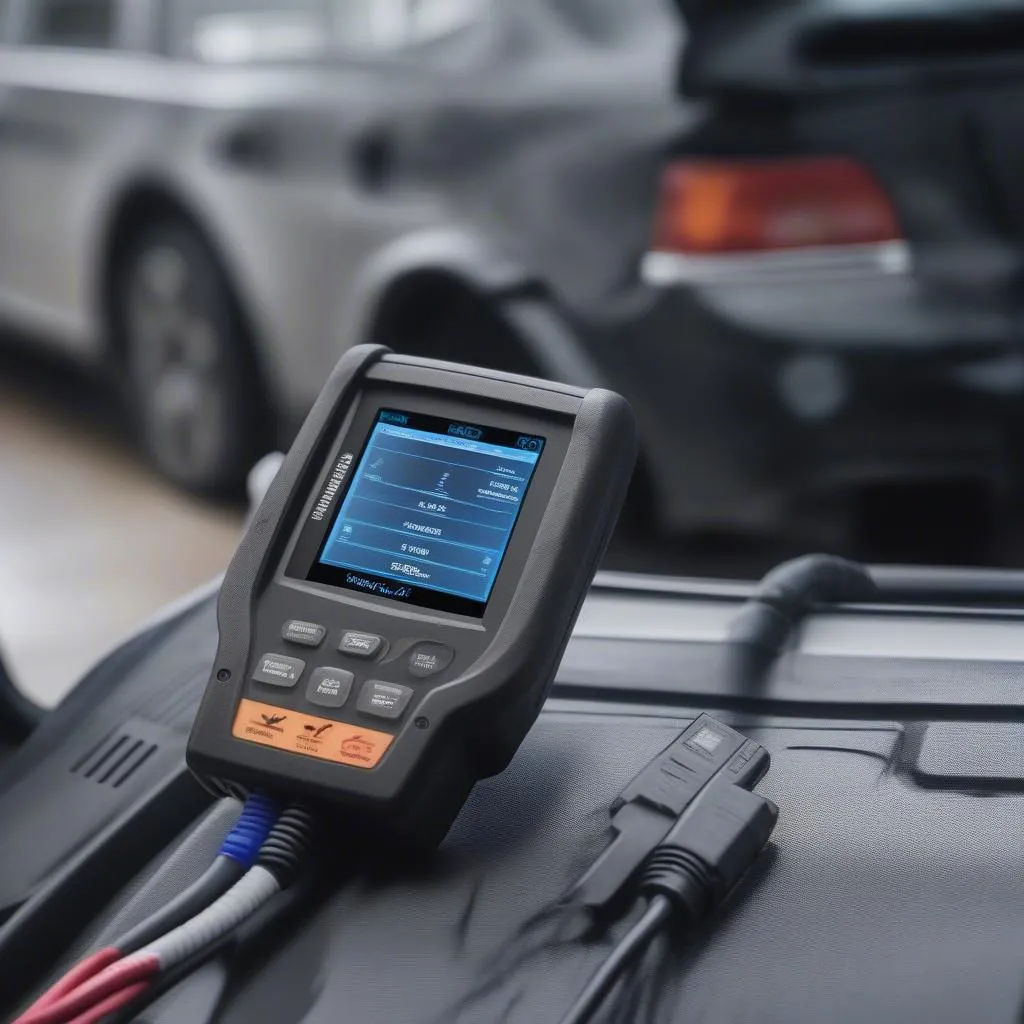Have you ever been pushing your car a little too hard, hearing the engine roar, and suddenly, it feels like you hit a wall? That, my friends, is the rev limiter kicking in, saving your engine from a world of hurt. But what about that handy little device plugged into your dashboard, the OBD scanner? Can it tell you about those close calls with the redline? Let’s find out!
Understanding the Question: Rev Limiters and OBD Scanners
Before we dive into the answer, let’s break down what we’re dealing with:
Rev Limiter: Your Engine’s Guardian Angel
Imagine your engine as a heart, and the rev limiter as its pacemaker. Just like a pacemaker regulates heart rate, the rev limiter prevents the engine from spinning too fast and potentially damaging itself. It’s a safety feature, plain and simple.
OBD Scanner: The Window to Your Car’s Soul
The OBD, or On-Board Diagnostics, scanner is like a mechanic in your pocket. It connects to your car’s computer and reads data about various systems, including the engine.
So, Does the OBD Show Rev Limiter Hits?
Here’s the thing: while the OBD scanner is a powerful tool, it doesn’t always explicitly state “Rev Limiter Activated.” However, it can provide clues. Here’s what to look for:
- RPM Data: The most obvious clue is the recorded engine RPM (Revolutions Per Minute). If the data shows the RPM suddenly plateauing at a specific point, that’s a strong indicator that the rev limiter kicked in.
- Fuel Cut-off Data: Some advanced OBD scanners can show fuel delivery information. A sudden drop in fuel delivery at high RPM is another telltale sign.
- Fault Codes: In some cases, repeatedly hitting the rev limiter might trigger a fault code related to over-revving.
A Mechanic’s Insight
I spoke to John Miller, a seasoned mechanic with over 20 years of experience, and he had this to say: “While OBD scanners are getting smarter, not all of them are designed to specifically log rev limiter activations. However, a good mechanic can interpret the available data to identify potential redline events.”
 rpm_data
rpm_data
Understanding the Implications
Now, you might be wondering, “Why does it matter if I hit the rev limiter? It’s there to protect my engine, right?”
You’re absolutely right. The rev limiter is your friend. However, repeatedly hitting it isn’t ideal. It can cause premature wear and tear on engine components.
How to Use This Information
The information from your OBD scanner can be valuable in several ways:
- Monitoring Driving Habits: If you frequently see signs of hitting the rev limiter, it might be time to reassess your driving style.
- Troubleshooting Issues: Unexplained rev limiter activations could point to a mechanical problem that needs attention.
- Choosing the Right OBD Scanner: If you’re serious about monitoring engine performance, consider investing in a more advanced OBD scanner that provides detailed data logging and analysis.
FAQs about Rev Limiters and OBD Scanners
- Can I disable the rev limiter? While technically possible, it’s highly discouraged. The rev limiter is there to protect your engine from serious damage.
- Will hitting the rev limiter void my warranty? It depends on the situation and the terms of your warranty. However, consistent abuse that leads to engine damage is unlikely to be covered.
- Do all cars have rev limiters? Yes, virtually all modern cars with electronic engine management systems have rev limiters.
Related Products
- Dealer-Level OBD Scanners for European Cars: These scanners provide comprehensive diagnostics and data logging capabilities, ideal for enthusiasts and professionals.
 obd_scanner
obd_scanner
Supported Car Brands
- BMW
- Mercedes-Benz
- Audi
- Volkswagen
- Porsche
- And many more!
Need Expert Help?
Have more questions about OBD scanners, rev limiters, or anything automotive? We’re here to help! Contact us on WhatsApp at +84767531508 for expert advice and assistance. Our team of automotive specialists is available 24/7 to answer your queries.
